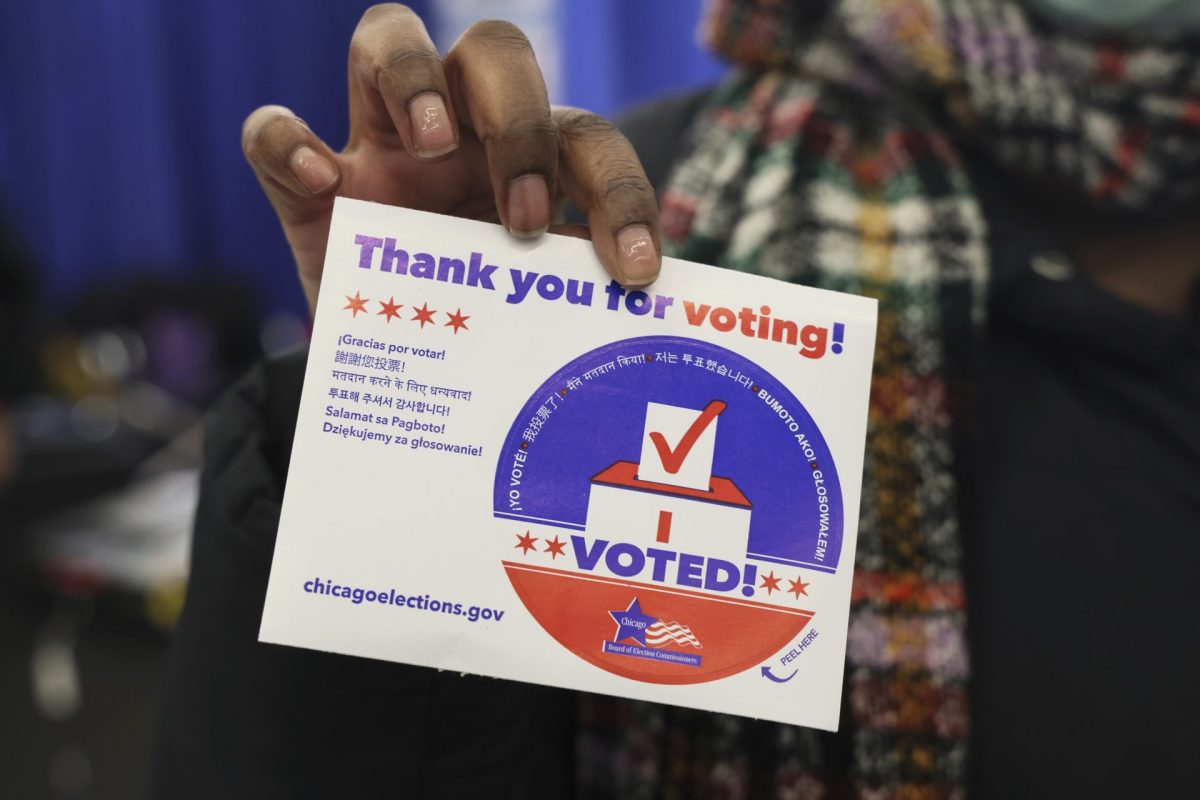Over the last 20 years, textbook prices have skyrocketed, increasing at twice the rate of inflation. To combat this, Student Government Association (SGA) executive Vice president of Academic Affairs Sarah Rens is looking to reform the textbook market.
Rens has created a plan that she wishes to present to Illinois legislators, and offers them several different routes to help reduce the costs of textbooks. Her strategies include making textbooks tax exempt, creating a textbook tax holiday, subsidizing university rental programs and regulating the textbook market.
Government involvement is not a new idea when it comes to keeping the cost of textbooks down. “Back in 2007 and 2008 a tax exemption bill was altered and introduced on the floor of the House, and in 2008 in the Senate. And neither of those passed committee,” said Rens. “I think the financial climate of students has changed in higher education, with a lot of focus on student debt right now.”
According to Rens, there are currently 18 states that have adopted legislation that make textbooks tax exempt or establish textbook tax holidays. Rens believes that, if a similar policy was adopted in Illinois, students could potentially save $60 to $100 annually.
Another of Rens’ proposals is for universities to offer an extensive university wide rental program (UWRP). DePaul currently offers a rental program through its bookstores, but Rens solution is much different.
“Under a UWRP the university buys all the textbooks for all the students for all their classes and then rents them out for students at a charge per credit hour,” said Rens. “So regardless of how much books cost, it costs a certain amount per credit hour.”
Some universities, even in Illinois, have already adopted a program like this. “There are a few schools that do this across the country, and one of them is Eastern Illinois University,” said Rens. “They charge $9.98 per credit hour (in book fees), which comes out to about $470.77 per year, which is still about half the amount the average student spends on textbooks.”
Not only would this solution save money for students, the government would also save money.
“If you add (the savings) up it comes to about $500 of savings per student of Illinois, about $600 million of savings on students,” said Rens. “The amount spent on textbooks is about six percent of the amount that the government spends on financial aid, so they would be saving three percent on financial aid.”
Rens is not the only one lobbying for student savings. DePaul junior John Lizzadro III has created the website Norkel.com, an online marketplace similar to Craigslist for college campuses. On Norkel, students can post their textbooks (or other items) that that they have for sale, and students can purchase them at a cost far reduced from what they would pay in a university bookstore.
According to Lizzadro, some of the most popular items on the website for sale are textbooks, calculators and basic college supplies.
Students wishing to save money on their college textbooks can sign Rens’ form letter and enlist the help of their local politicians, or log on to norkel.com.
“It’s time that students stop happily consenting to (over-priced books) and at least stand up against it,” said Rens.







